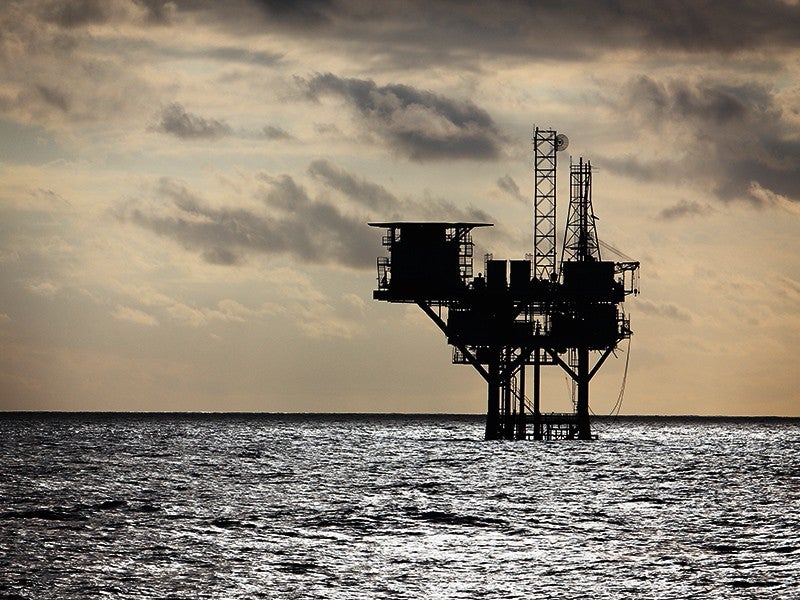Earthjustice Responds to Rulemaking Expanding Companies’ Financial Requirements for Offshore Oil-and-Gas Projects
Fossil fuel industry will be made more responsible for costs of decommissioning offshore drilling projects
Contact
The Interior Department released a final rulemaking today that expands financial bonding requirements for offshore oil-and-gas projects and reduces the risk of leaving abandoned infrastructure in our oceans and their cleanup costs with taxpayers.
The rulemaking addresses decommissioning, the last step in the fossil fuel extraction cycle for which oil and gas companies are supposed to be held legally responsible. Decommissioning is the process requiring dismantling of facilities and returning the surrounding areas to their natural state after all usable fuel — and profits — have been extracted by oil companies. Unplugged wells and abandoned infrastructure pose serious threats to public health and safety, vulnerable ecosystems and marine wildlife.
According to the Government Accountability Office, between $40-70 billion is needed to cover the costs of safely plugging wells, removing platforms, and cleaning up infrastructure. However, the government only holds about $3.5 billion in collective financial assurances from the fossil fuel industry to cover the costs of decommissioning all existing offshore oil-and-gas drilling projects, which means that taxpayers are on the line to cover that discrepancy. The new rule will add $6.9 billion to the decommissioning costs that are currently unaccounted for. But this still leaves at least $30 billion of costs for cleaning up the damage caused by offshore oil-and-gas projects on taxpayers, instead of the fossil fuel industry.
“This rulemaking is a step in the right direction and will alleviate the financial burden on American taxpayers who foot the bill for cleaning up after the oil industry in our oceans,” said Earthjustice attorney Ava Ibanez Amador. “But more reforms are needed. The oil industry continues to get away with paying far too little up front, extracting maximum profit, and leaving the rest of us on the hook. The oil industry has shown itself to be an irresponsible tenant in our public waters and it should be required to pay a much larger security deposit before it can start drilling.”
Companies routinely fail to decommission their offshore oil and gas projects effectively and on time. The government reported that, between 2010 and 2022, the fossil fuel industry missed deadlines for decommissioning over 40 percent of wells (out of 10,600) and 50 percent of platforms (out of 2,300) in the Gulf of Mexico — which is the source of about 97% of all U.S. offshore oil and gas production. As of June 2023, the government counted more than 1,000 delinquent idle wells in the Gulf, with over 800 inactive for more than 10 years. Nearly 600 had not even been temporarily plugged, leaving them more prone to leaks that significantly damage the environment.
Meanwhile, the warming Gulf, due to climate change, is resulting in increasingly powerful hurricanes that can wreck offshore drilling infrastructure, threatening oil spills. Continued fossil fuel development is only exacerbating the climate crisis.
The federal government lacks adequate funding from Congress to ensure that fossil fuel infrastructure is decommissioned responsibly when industry fails to fulfill its obligations after extracting all profits from the wells. Declaring bankruptcy or selling to another company is a common way to avoid decommissioning obligations. The result is thousands of so-called “orphan” wells abandoned all over the country, including in our oceans.
Last week, the Interior Department released a separate final rulemaking that also increased the cost of business for companies seeking to develop oil and gas on public lands onshore.

Additional Resources
About Earthjustice
Earthjustice is the premier nonprofit environmental law organization. We wield the power of law and the strength of partnership to protect people's health, to preserve magnificent places and wildlife, to advance clean energy, and to combat climate change. We are here because the earth needs a good lawyer.